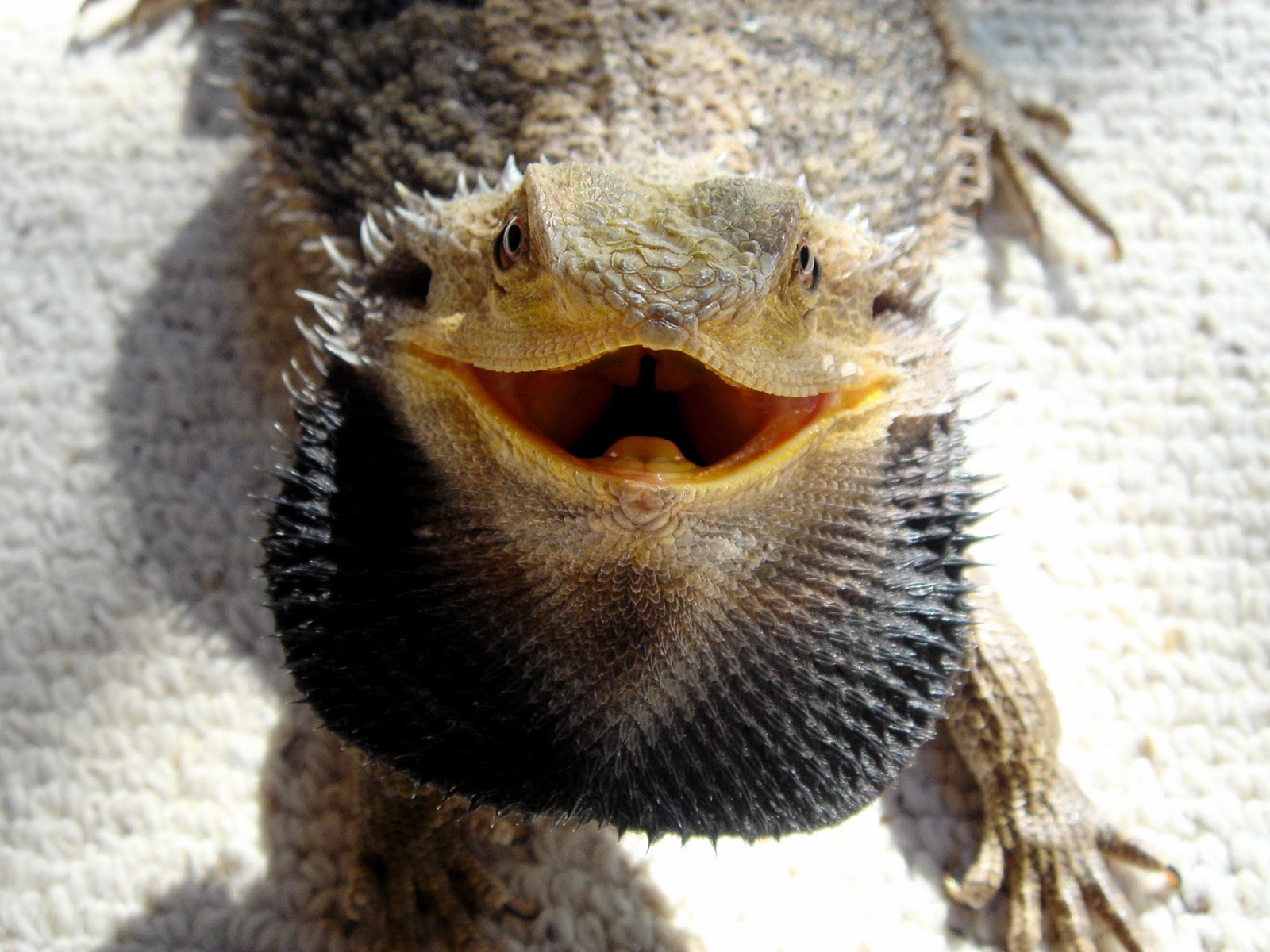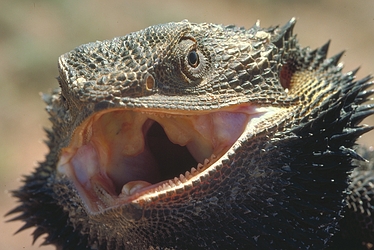Why Won't My Bearded Dragon Eat? The Ultimate Guide for Beginners
Why Won’t My Bearded Dragon Eat?
Bearded dragons are popular pet reptiles that many people love to keep. However, one of the most common concerns with bearded dragons is when they stop eating. It can be tough to see your pet not eating, and it’s natural to worry about their health. But why won’t your bearded dragon eat? In this guide, we’ll explore the possible reasons and provide tips to help your bearded dragon get back to eating again.
Stress
Bearded dragons can get stressed out by a variety of factors. If your bearded dragon is in a new environment or has been recently moved, this could be causing them stress. Other factors that can cause stress include handling, loud noises, and changes to their routine.

To help reduce stress, make sure that your bearded dragon has a quiet and comfortable living space. Try to avoid handling them too much and limit any sudden changes to their routine. A consistent routine can help your bearded dragon feel more comfortable and secure.
Temperature
Bearded dragons are cold-blooded and need a certain temperature range to be able to digest their food properly. If the temperature in their habitat is too low, this can cause them to stop eating. It’s recommended that the temperature in their basking area be around 100-110°F, with the temperature in the cooler area around 80°F.

Make sure that you have an appropriate heat source in their habitat to maintain the correct temperature range. Use a thermometer to monitor the temperature and adjust accordingly. Keeping the temperature consistent will help your bearded dragon feel comfortable enough to eat.
Illness
If your bearded dragon is not eating and is also lethargic, has diarrhea, or is showing other signs of illness, this could be the reason. Bearded dragons can become sick from parasites, infections, or other health issues.

If you suspect that your bearded dragon may be sick, it’s essential to take them to a reptile veterinarian as soon as possible. Early diagnosis and treatment are crucial for their health and well-being.
Incorrect Diet
Bearded dragons require a balanced and varied diet to stay healthy. If they are not getting the right nutrients or are fed the same diet every day, they may become bored or refuse to eat. Their diet should consist of vegetables, fruits, and protein, such as crickets or mealworms.

Make sure that you are feeding your bearded dragon a variety of foods that meet their nutritional needs. Avoid feeding them too many insects or too much fruit, as this can lead to health issues. Consult with a reptile veterinarian or a trusted source for advice on feeding your bearded dragon.
Conclusion
If your bearded dragon is not eating, there could be many reasons why. By addressing the possible causes, such as stress, incorrect temperature, illness, or incorrect diet, you can help your bearded dragon get back to eating again. If you are still concerned or if your bearded dragon is not improving, don’t hesitate to seek advice from a reptile veterinarian.
